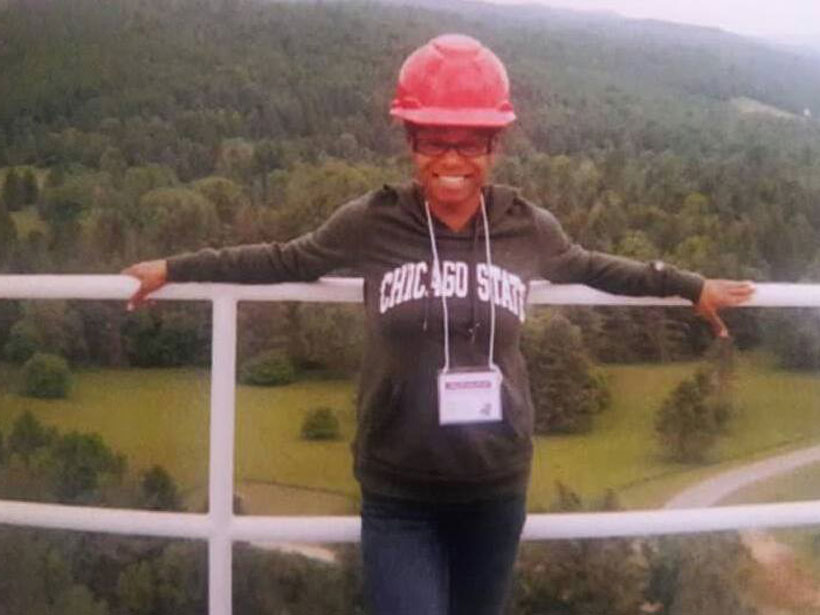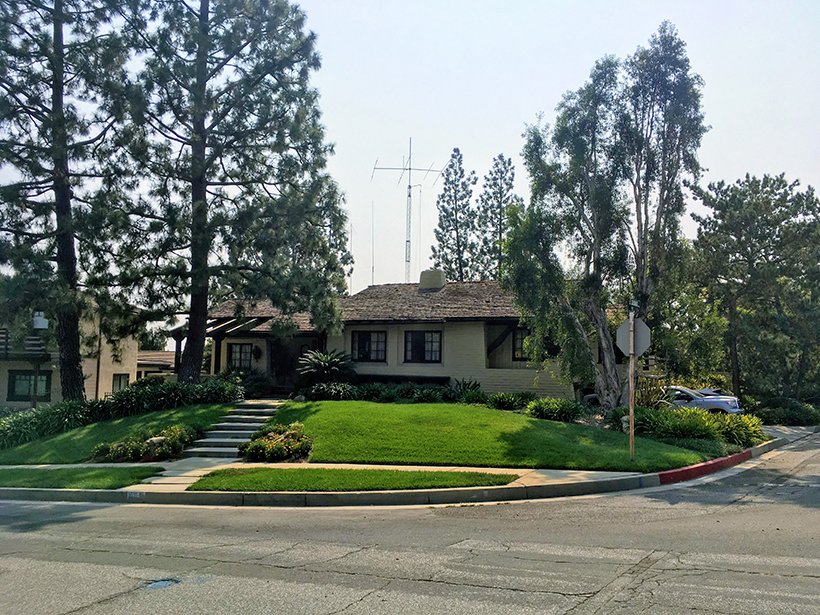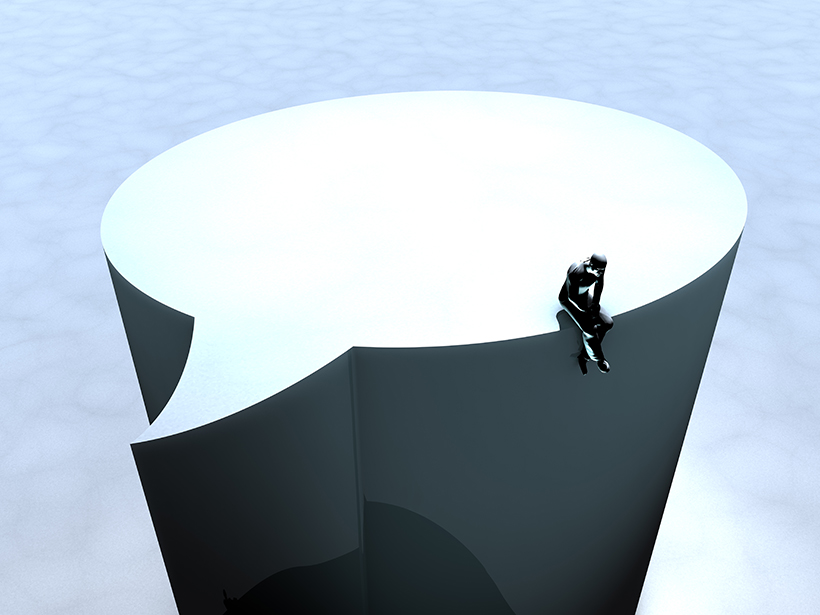When natural hazards strike communities, we may not think science agencies should respond with humor. Researchers suggest that sometimes, however, humor can connect communities and bring smiles.
social media
Ashley Lindalía Walker: Leading a Celebration of Black Scientists
Astronomer bridges academic and social media outreach.
Amateur Radio Operators Help Fill Earthquake Donut Holes
Ham radio networks gear up to provide real-time, on-the-ground information about earthquake shaking and damage when other communication pathways are knocked out of commission.
Social Media Helps Reveal Cause of 2018 Indonesian Tsunami
Videos from Twitter and YouTube helped scientists tease out the physical mechanisms that generated the large tsunami in Palu Bay after a magnitude 7.5 earthquake.
AGU’s Online Learning Exchange Shares Education Resources
As teachers worldwide transition to virtual learning, expert educators offer a new place to find and share the best ways to keep your students on track.
Don’t @ Me: What Happened When Climate Skeptics Misused My Work
A student who saw his climate research misrepresented in online forums shares the experience, as well as lessons learned and recommendations for how to counter efforts to distort climate science.
Majority of YouTube Climate Videos Promote Nonconsensus Views
Search terms related to geoengineering solutions were almost exclusively about chemtrail conspiracy theories.
Modeling Tsunamis with Social Media
Video footage gathered from social media is used to reconstruct the timing and likely source(s) of the tsunami generated by the 2018 Palu earthquake.
A Meteor Struck the Moon During the Total Lunar Eclipse
Telescopes around the world detected an impact event on the lunar surface just before totality on Monday. Amateur and professional astronomers are starting to coordinate data.
Lessons Learned from Kīlauea Eruption’s Media Frenzy
The Kīlauea eruption earlier this year unleashed a media bonanza. Here are nine tips about how to debunk geohazard misinformation in real time from a scientist frequently tapped for expert comments.










